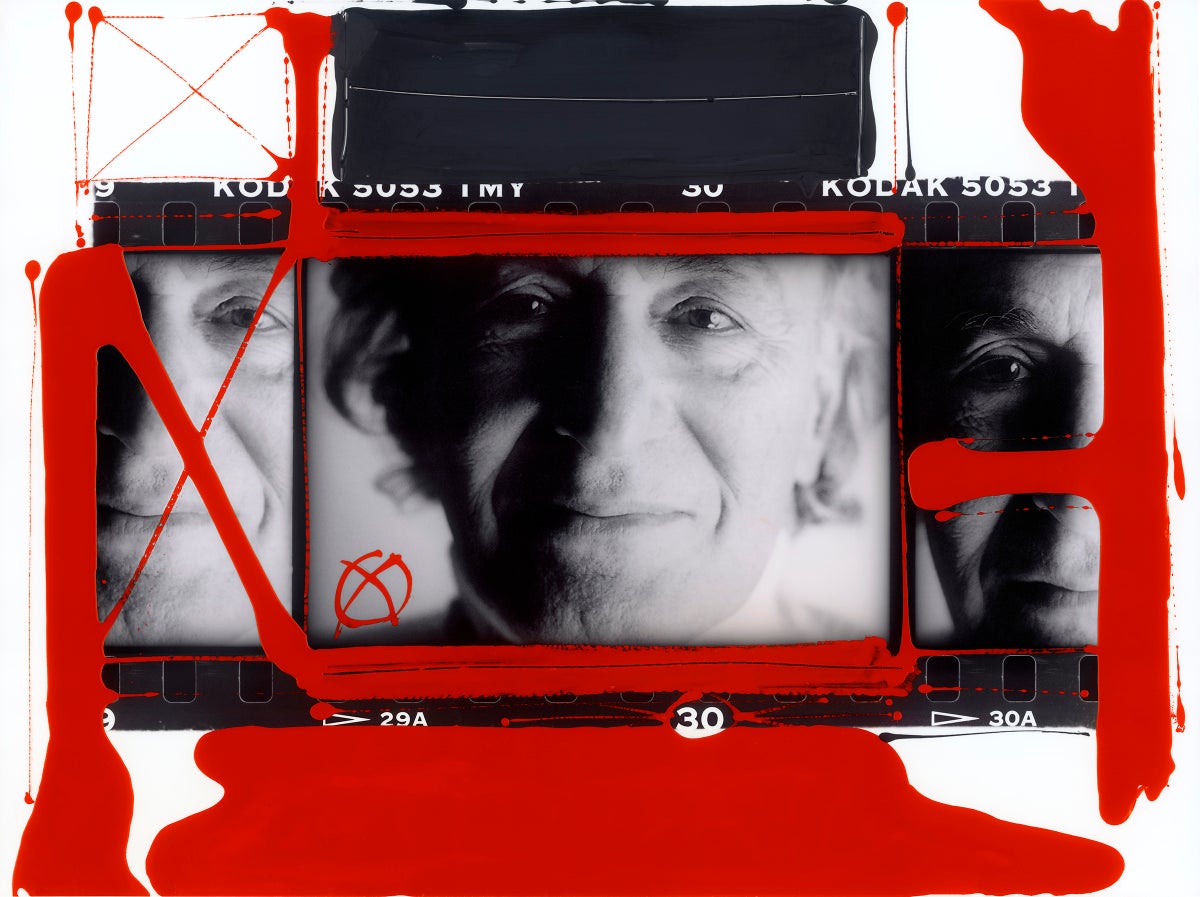
William Klein, an American photographer whose innovative portraiture style strongly influenced fashion and street photography in the second half of the 20th century, has died at 96.
Klein died Saturday in Paris, his son, Pierre Klein, said in a statement Monday.
Born in New York City in 1926 to Hungarian Jewish parents, Klein grew up in Manhattan and studied sociology at the City College of New York. After serving in Europe with the U.S. Army during World War II, he moved to Paris to study painting under the G.I. Bill.
Klein met and married Jeanne Florin, a model and painter, soon after his arrival in Paris. The couple lived together in France until her death in 2005.
Klein, who studied briefly with French painters Andre Lhote and Fernand Leger, had his first solo exhibition of paintings in Brussels in 1951, and another in Milan a year later. In 1954, he turned his attention to photography after meeting Alexander Liberman, the artistic director at Vogue, and began a 10-year collaboration with the magazine.
During the same period, he created a ground-breaking photographic diary of his native New York, titled “Life is Good & Good For You in New York.” The book featured Klein’s unconventional use of wide angles, contrasts in composition and unusual framing, which came to define the still-nascent genre of street photography.
The book was published in Paris, London and Rome in 1956 and won the Nadar Prize the following year. He published other photo diaries of other cities, Rome in 1959, Moscow and Tokyo in 1964, and Paris in 2002.
He was also a noted filmmaker, producing several documentary and feature films throughout his career, addressing topics like the fashion industry, the war in Vietnam and famed boxer Muhammed Ali.
Klein first ventured into cinema in 1956, when Italian director Federico Fellini, impressed by Klein's raw images of New York City street life, had asked him to work on his 1957 film “Nights of Cabiria," about a prostitute in Rome.







